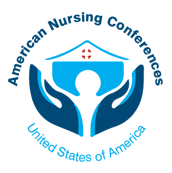
Elenita Forsberg
Halmstad University, Sweden
Title: Using academic reflection for examination in simulated environment
Biography
Biography: Elenita Forsberg
Abstract
In nursing education, in semester four of six, in the course of 10 weeks clinical practice the final individual exam has developed. The aim was to deepen the clinical reasoning and make it more visible. The aim was also to give the student the possibility to reflect on the learning objectives, to identify additional knowledge needs and progression, which is a kind of learning recommended by higher education in Sweden. The academic reflection should have a clear purpose and show evidence of learning. Such a reflection requires that the student can use theory from the education to describe, explain and discuss critical events and their importance to future professional practice. Two classes with 75 nursing students participated in the study. One pair of students conducted a complex scenario in simulated environment during one hour including feedback. Another pair observed the scenario for identifying clinical reasoning, patient safety and team work. Then the pairs changed roles. Afterwards the students were instructed to make an academic reflection on their learning and progression based on seven open questions in a learning platform survey. Qualitative content analysis was used for data analysis. Students expressed that the scenarios trained the ability to manage acute situations, team communication, plan and prioritize nursing actions and prepare for future profession. The students felt that it was an excellent form of examination as the academic reflection forced the student to be aware of individual strengths and weaknesses and on the basis of this identify lack of knowledge.

